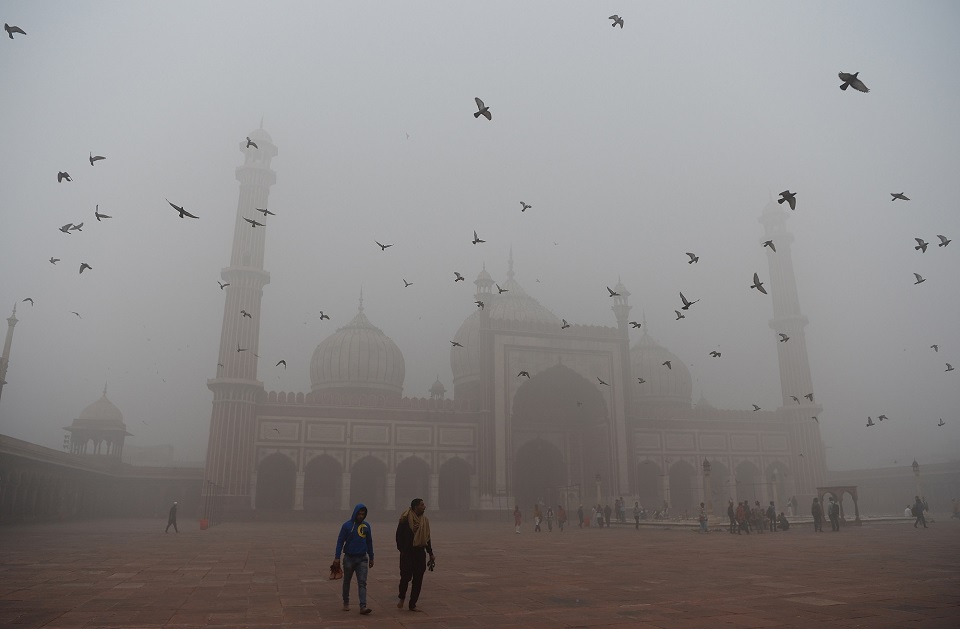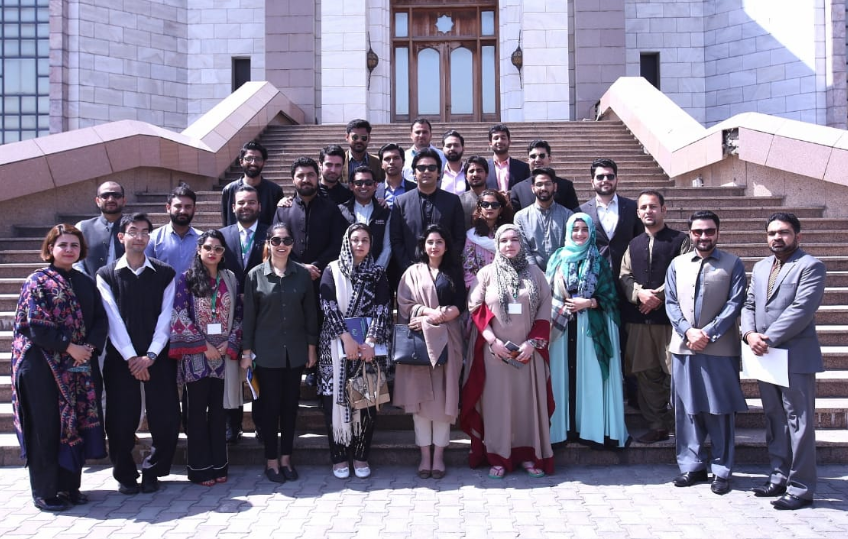ISLAMABAD, 26 MARCH 2019: Filling the gap in air quality data and air pollution awareness, the Pakistan Air Quality Initiative (PAQI) releases the first-ever data set that spans two years for Pakistan. In 2018, Lahore has the worst air quality in Pakistan, with 281 days with Unhealthy and Hazardous air pollution. Karachi’s air is better, but still above safe limits. All major cities exceed safe limits for ambient air quality.
- Air quality in Pakistan exceeds safe limits in all major cities, with Lahore 10x worse than national guidelines.
- 135,000 deaths per year are attributed to ambient air pollution, making it the leading cause of sickness and death in Pakistan, as well as reduced life expectancy by 60 months.
- >5.88% of GDP or $47.8 billion is the estimated economic burden of air pollution in Pakistan. Urgent action on air pollution makes economic sense.
“Smog is a public health emergency in Pakistan,” said Abid Omar, founder of the Pakistan Air Quality Initiative, during AirQualityAsia’s Conference at the National Assembly on The Parliamentary Role in Advancing the Clean Air Agenda. “With air quality exceeding safe limits in all major cities, urgent action is required to mitage air pollution at source before start of the next smog season in 2019.”
Air pollution kills more people than anything else: twice as many people have died each year as the total fatalities from terrorism in Pakistan since 2000. 135,000 deaths per year are attributed to ambient air pollution, making it the leading cause of sickness and death in Pakistan, as well as reduced life expectancy by 60 months.
Urgent action on air pollution makes economic sense when 5.88% of GDP or $47.8 billion is the estimated economic burden of air pollution in Pakistan.
Parliamentary solutions to Pakistan’s air pollution problem
Pakistan requires strong environmental policies to address air pollution. This policy must be based on data on air pollution. Studies on sources of emissions as well as the content of the emissions are missing in Pakistan.
The parliamentary conference has recommended a comprehensive nationwide air quality monitoring initiative for Pakistan (PAQI) as a federal-level mandate under the Ministry of Climate Change. This initiative will be tasked with monitoring and research such as emission inventory, source apportionment, health impacts studies, cost effectiveness analysis, cost benefit analysis, and evaluating effect of emission control policies.
Further recommendations include the establishment of emission control Clean Air Zones.
Around Lahore, Islamabad-Rawalpindi and Karachi, capacity building with an empowered EPA, and to integrate air quality with climate change to meet Paris Agreement and UN’s Sustainable Development Goals.
About the Pakistan Air Quality Initiative
Pakistan Air Quality Initiative (PAQI پاکی) provides community-driven air quality data to increase social awareness.
PAQI is a community-driven initiative to set up real-time monitors to capture air quality data and thereby increase social awareness. PAQI provides tools and information people need to thrive in polluted environments.
PAQI believes that that open access to data empowers the public to take necessary actions for a healthier environment for residents in Pakistan.






